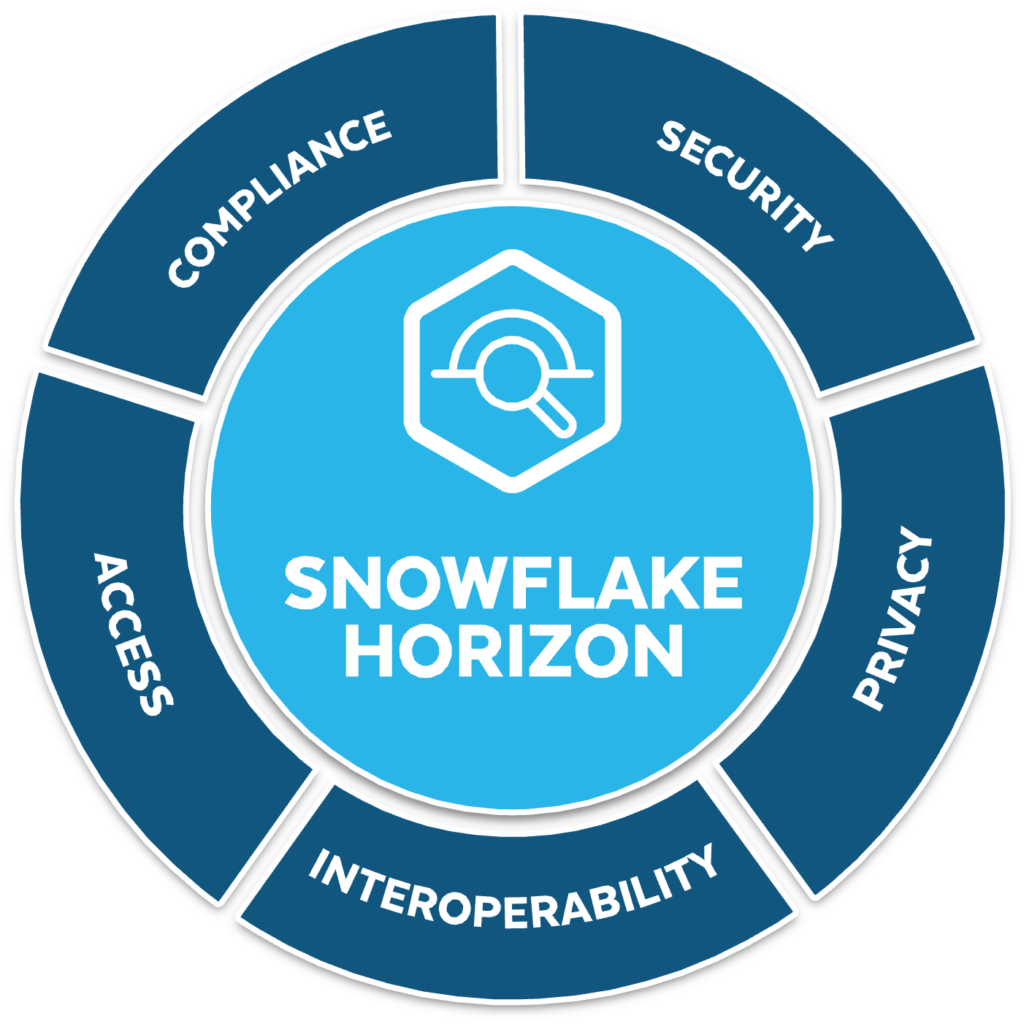When it comes to stronger and optimized processes of the organization, an audit trail is the right way to go. With data leaks and data exposures being common nowadays, how do you ensure that your company is safe and readily able to prove compliance?
Although advanced security measures have become increasingly significant for safeguarding companies against data breaches, lost data, or other security risks, a data audit trail is a simple and straightforward tool that can help.
In this article, we will discuss:
- What is an Audit Trail?
- What Does An Audit Trail Contain?
- Audit Trails In Data Access
- Why Is It Important To Have An Audit Trail
- Challenges in Having an Audit Trail
This is part of our comprehensive data governance guide.
What is an Audit Trail?
An audit trail is a detailed log of every action or activity taken related to a company’s data or reports. This includes any time data is created, modified, relocated, or deleted. Although paper-based audit trails were initially maintained manually, now digital records can be automatically tracked through audit trail if you have the right data auditing tool.
For smaller companies, an audit trail may capture up to a few hundred activities, while large companies can have audit logs that include thousands of activities. Therefore, having a dedicated audit tracking and data management platform in place is absolutely essential.
As you can see, an audit trail is quite straightforward and comprehensive, which means that organizations and business owners don’t have to go out of their way or even invest in advanced measures to implement it.
What Does an Audit Trail Contain?
The success or failure of your organization’s audit trail hinges on the efficiency and proper structure of its records and documents. For this purpose, you will have to ensure that whenever any data related activity is carried out, a log should be made. This log would include all the important information, such as:
- Who viewed, modified, or moved data?
- When was the data modified?
- How did a user access this data?
- What was the exact query used to find and access this data?
- Was this access authorized?
- Were the changes approved by an authorized person?
- Were any access rights abused?
It’s important to know that whichever person is responsible for managing the audit trail, whether they are a manager, employee, end-user, accountant, or any other person, their name will be included in the audit trail.
Therefore, whichever user creates, modifies, or updates data in the audit trail, the record will also reflect their action. This way, no user can make an unauthorized change or commit any malicious action without being noticed or recognized, and it keeps anyone from accessing the audit trail.
Audit Trails in Data Access
Audit trails can help you with data security, governance, and access. There are a lot of wrongdoing or malicious actions that can be performed with the sensitive data of your business. As you already know, there have been hundreds of data breaches in the past few years, which is why it is integral to maintain an audit trail.
By doing so, you will be able to complement your organization’s data access and security protocols. Moreover, since the audit trail monitors each and every instance of modification in the data, you are able to identify who tampered with the systems, as well as the time and description of the event.
Why is it Important to Have an Audit Trail?
As a business owner or manager, you might think that there is no need for an audit trail or log because your company’s records and data are in check. However, audit trails aren’t just beneficial in some situations; for most organizations, they are absolutely critical.
Let’s take a look at some reasons why a data audit trail may be essential for your company.
Compliance
Most companies are legally obligated to have a data audit trail. Several standards and regulations mandated by regulators, such as ISO 27001, PCI-DSS, HIPAA, PNR Directive, and more, need some form of audit trail.
Most of the time, you aren’t aware of what is going on with your company, and by the time you find out, it becomes too late, and you are facing an investigation or a lawsuit. The only way to ensure that this doesn’t happen and that you don’t lose valuable revenue to improperly managed data is through audit trails.
Accountability
An audit trail provides complete accountability across the board, since every user’s actions are reflected in the data that they modify.
Whenever your organization faces an investigation or external audit, you will have complete information regarding the data modifications and will be able to answer any question that you are faced with.
Security
Last but not least, the audit trail is also helpful in detecting any intrusions into data – whether internal or external. It also helps in monitoring any suspicious or malicious behavior or action.
If there is any discrepancy, a robust data audit trail will allow you to see exactly who accessed the information, what changes they made, and when. This will give you all the evidence you need in an investigation or when looking for culprits.
Challenges in Having an Audit Trail
Although setting up and maintaining your organization’s audit trail is simple and straightforward, it certainly doesn’t mean that you won’t experience any hurdles or problems in the process. Some of the challenges in maintaining the audit trail include:
- Location used for the storage: Naturally, you will have to choose a location on which your data will be stored. You can employ several methods for storing data, i.e. data warehouse, data lake, or a cloud server, which can help you save space.
- Setting up & maintaining: In many cases, keeping audits from different platforms, and according to specific requirements takes time to configure, set up, and maintain in the long run. This includes purging, backing up the logs, etc.
- Size of the audit trail: When you set up your audit trail, it will have a substantial size and will take up space on your servers. With the passage of time, the data will continue to increase and you will need even more space to store the log. This would increase the storage cost.
- Data access control: Although audit trails are fairly transparent and provide accountability, their security and accuracy are dependent on the data access controls provided by your organization. If you provide access to a wide range of employees, the integrity of the data can be compromised.
Summary
Whether you are looking to safeguard your company’s internal systems or strengthen your data security, audit trails can help you go the extra mile in doing so. Moreover, they also help you fulfill certain regulatory requirements without any additional effort.
Satori, The DataSecOps platform, provides a security layer for data access, whether it’s databases, data warehouses, or data lakes. This includes a universal audit log across all your data platforms.



